‘Reverse opium war’: Vape advocate Brian Marlow’s wild claim amid looming crackdown on massive black market
A leading vape advocate claims China is waging a “reverse opium war” on Australia because of a lack of proper regulation of the black market.
A leading Australian vape advocate has called for an urgent overhaul to the government’s approach to regulating vaping across the country, claiming the current approach is leading to China staging a “reverse opium war”.
Health authorities have routinely called for better regulation of the growing crisis, with NSW Health earlier this week linking a fatal overdose to black market vape juice refills.
Federal Health Minister Mark Butler has proposed some of the harshest laws in the world to crack down on unregulated vaping products – handing sweeping powers to states to ban the import of e-cigarette or vape products from next year.
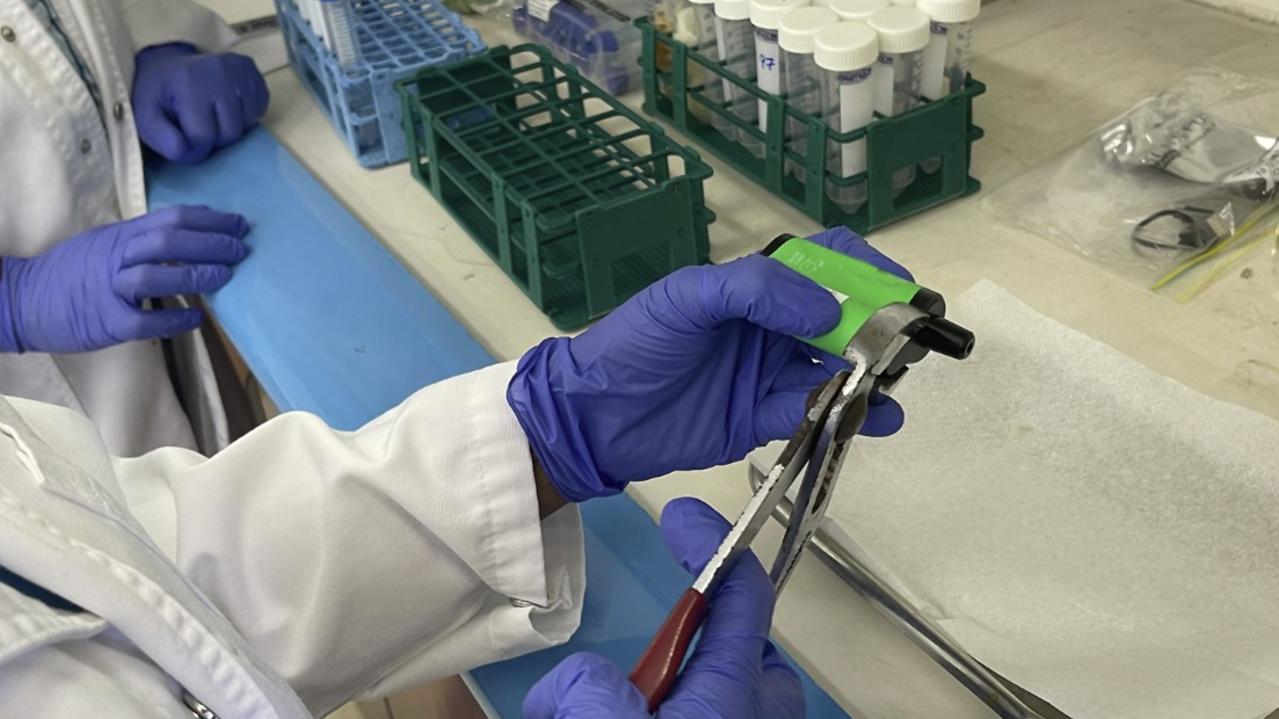
But Legalise Vaping Australia director Brian Marlow claims Mr Butler’s actions have “single-handedly” created “the largest black market in the history of Australia”.
He claimed more than 100 million illegal unregulated vape products with no ingredient standards had been smuggled into the country from China and sold on the black market.
“For the Albanese government to think they can fix this crisis with a recreational vaping ban on adults and doubling down on the failed prescription-only prohibition model is completely out of touch with reality and community expectations,” Mr Marlow said.
“China is preying on Mark Butler’s weakness by using tactics that can only be described as a reverse opium war.”
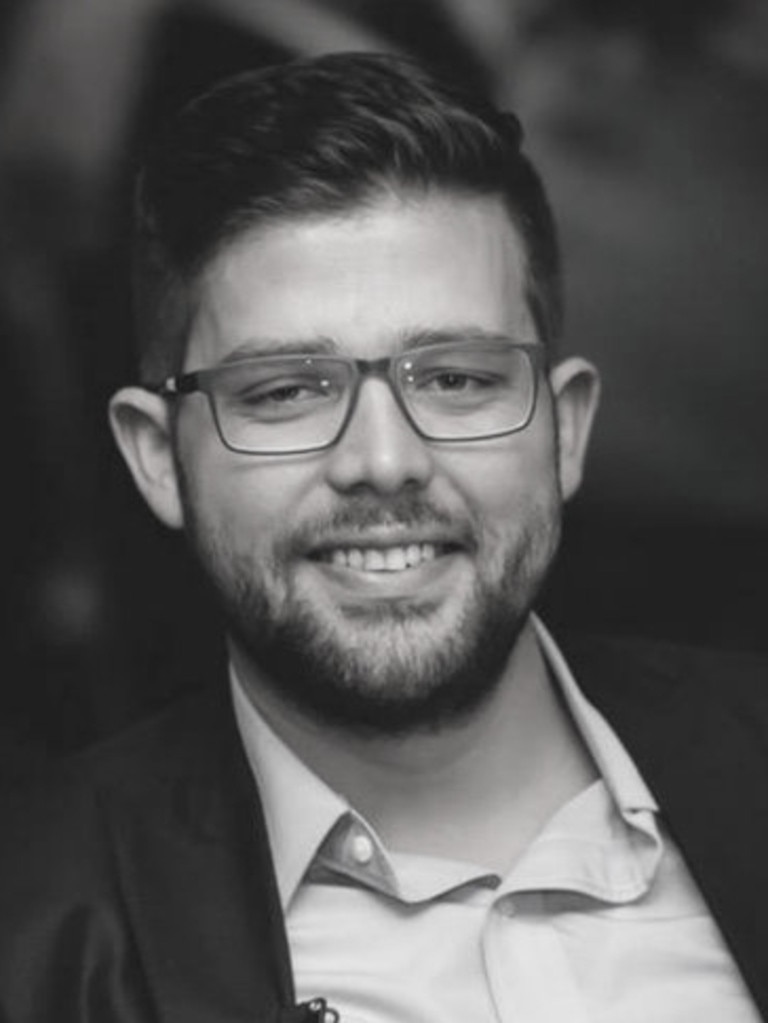
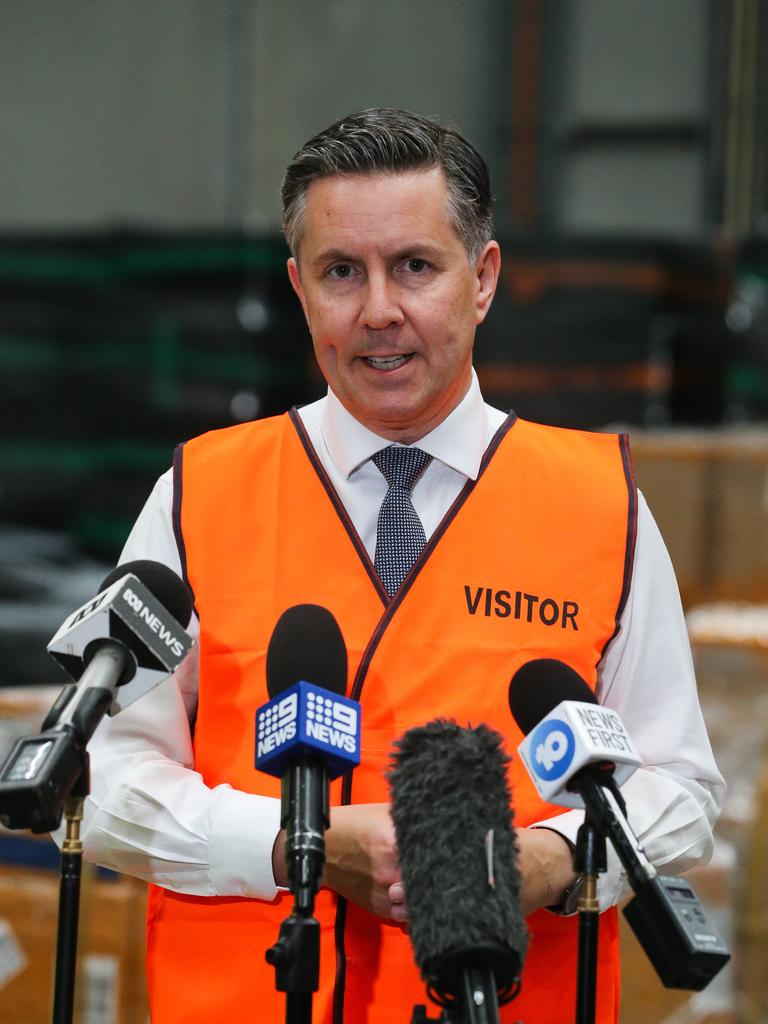
Earlier this week, NSW Health issued an urgent warning after confirming the presence of potent opioids known as nitazenes in a vape juice refill.
The opioids have since been linked to three overdoses in NSW alone – one of which was fatal.
In one overdose case, the person used a vape refill liquid thought to contain a synthetic cannabinoid similar to tetrahydrocannabinol.
Because it contained nitazenes, overdose occurred “within a matter of minutes”.
“Nitazenes can be stronger and last longer than fentanyl,” NSW Health said in a statement.
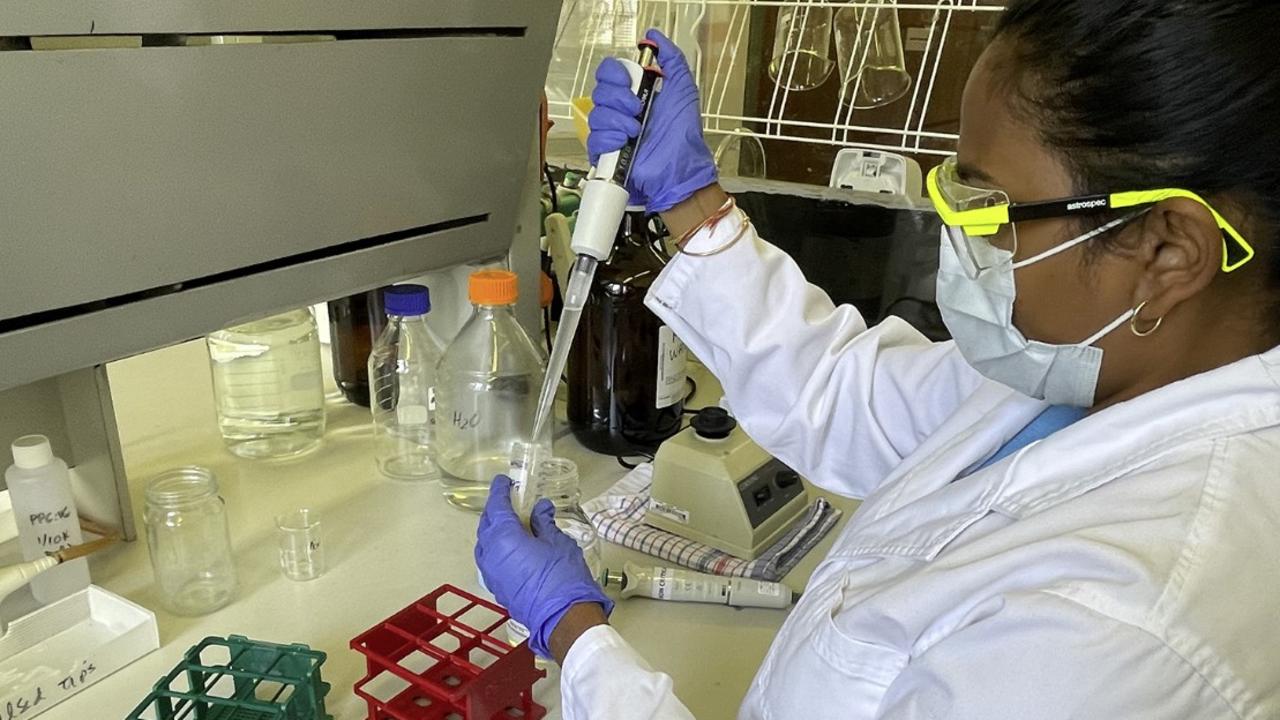
“They are far stronger than most other opioids and an overdose can be caused by taking even a small amount.”
Nitazenes, which include the common novel synthetic opioid known as protonitazene, were developed in the 1950s by a Swiss chemical company as an alternative to morphine.
But clinical development was abandoned due to their high potential for overdose, according to the World Health Organisation (WHO).
“No drugs in this class are approved for medicinal use,” a 2022 WHO report on protonitazene states.
“Protonitazene has no approved therapeutic applications and has never been granted marketing authorisation as a medicinal product for human or veterinary use.”
The report states protonitazene is under the most restrictive scheduling in the US but “does not appear to be subject” to restrictive measures in the European Union.
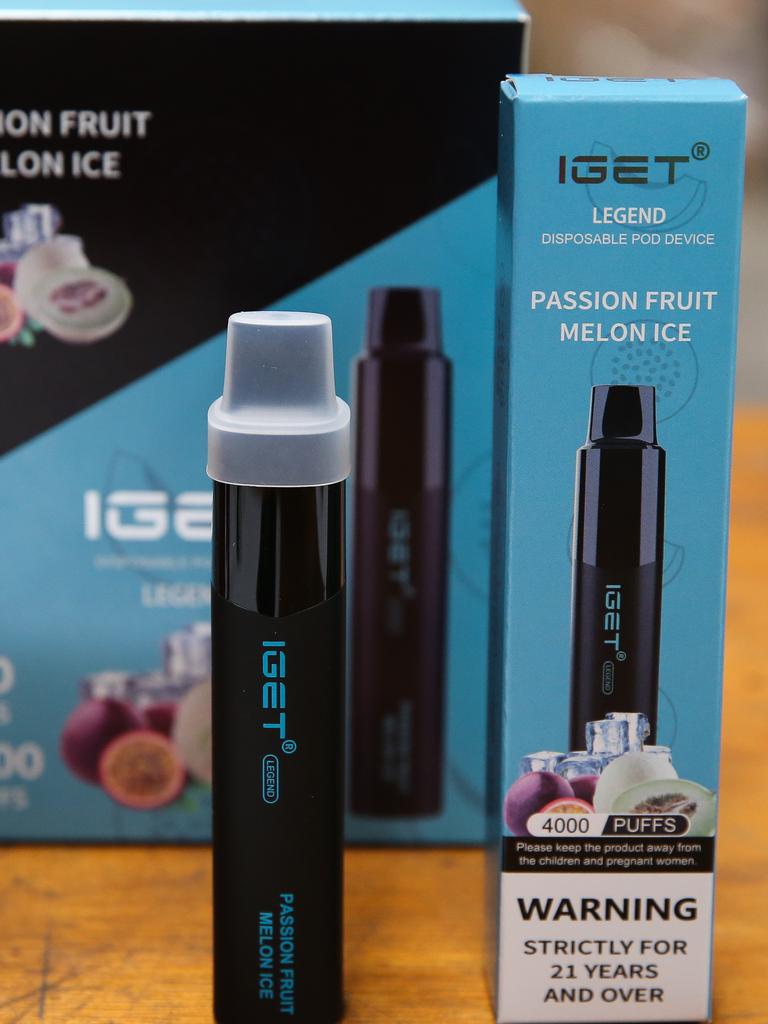
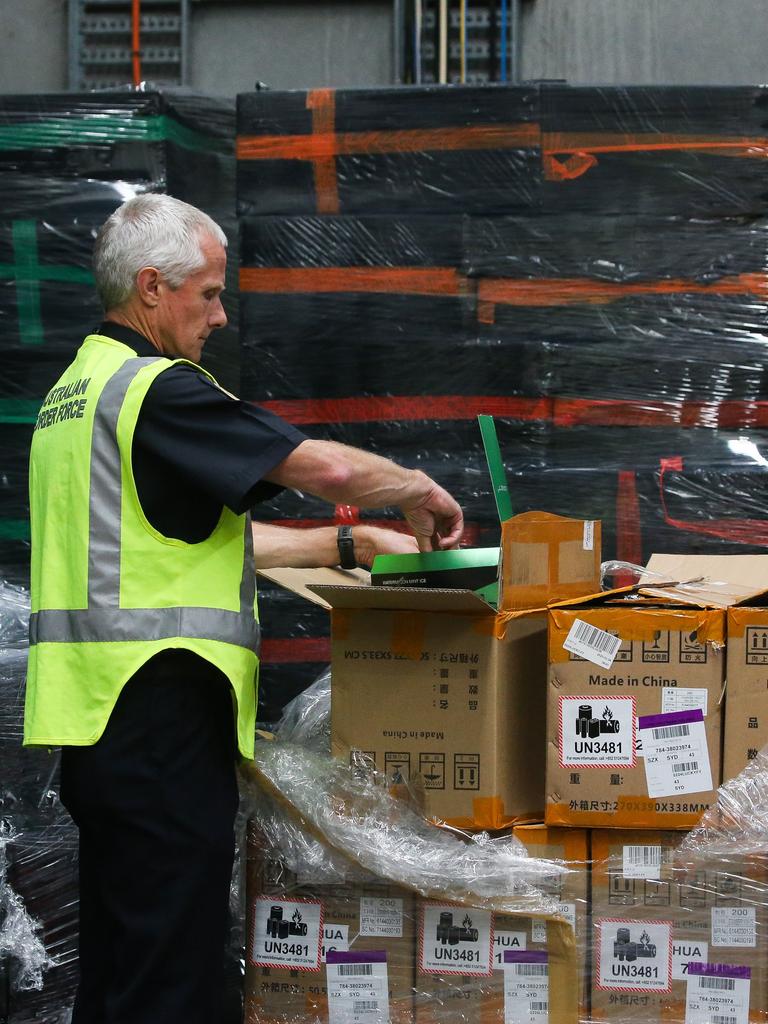
It is illegal to buy, possess or use liquid nicotine for vaping without a prescription under Australian law.
In May, Mr Butler outlined $737m from the budget for measures to curb “the harm caused by tobacco and vaping products”.
This includes allowing state police and health authorities to ban the import of all e-cigarettes, except pharmaceutical products used to quit smoking.
The laws will also curb regulations on the packaging and flavouring of vape products sold in stores.
Mr Butler said single-use, disposable vapes would also be banned and the allowed nicotine concentrations and volumes would be reduced.
“Young people who vape are three times as likely to take up smoking, so is it any wonder that under 25s are the only cohort in the community currently recording an increase in smoking rates?” he said.
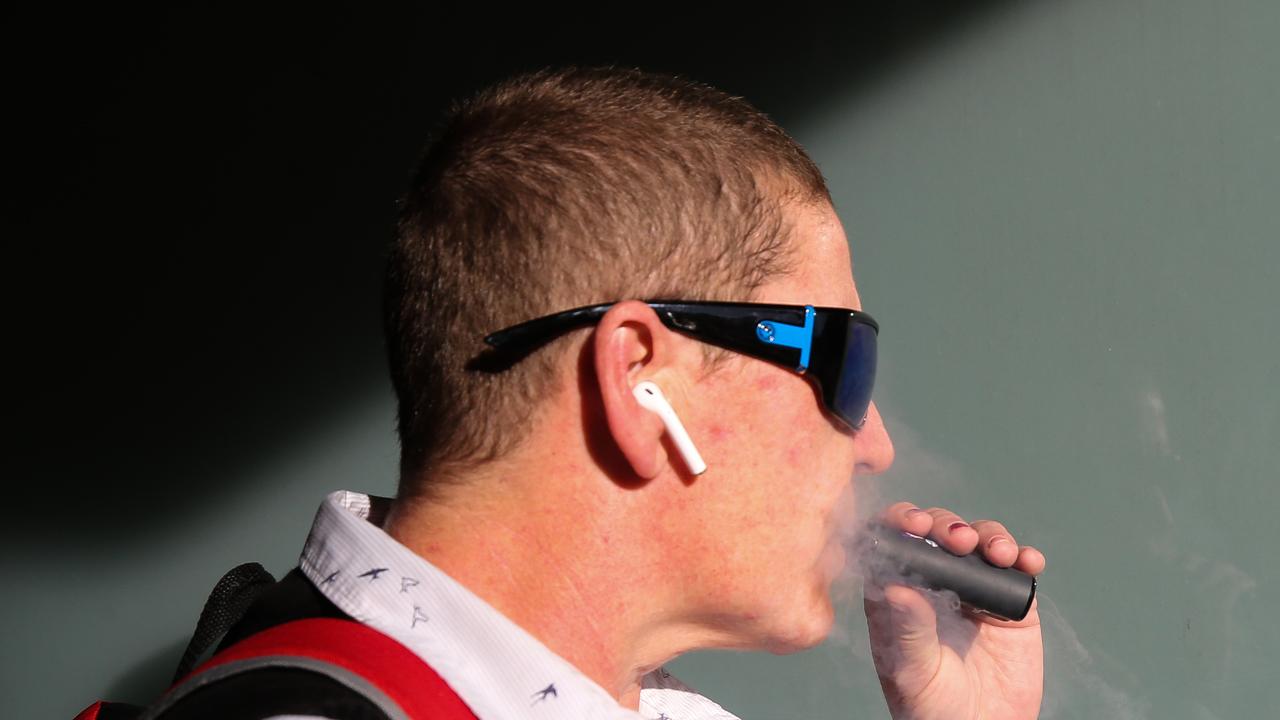
“Vaping is creating a whole new generation of nicotine dependency in our community.
“Vaping was sold to governments and communities around the world as a therapeutic product to help long-term smokers quit. It was not sold as a recreational product – especially not one targeted to our kids, but that is what it has become.
“Australia needs to reclaim its position as a world leader on tobacco control.”
The NSW government has already pledged $4.3m to crack down on the sale of illegal vapes.
Over the next three years, that funding will be used to bolster “compliance and enforcement” of the state’s “retail, wholesale, manufacturing, and pharmaceutical controls on vaping products”.
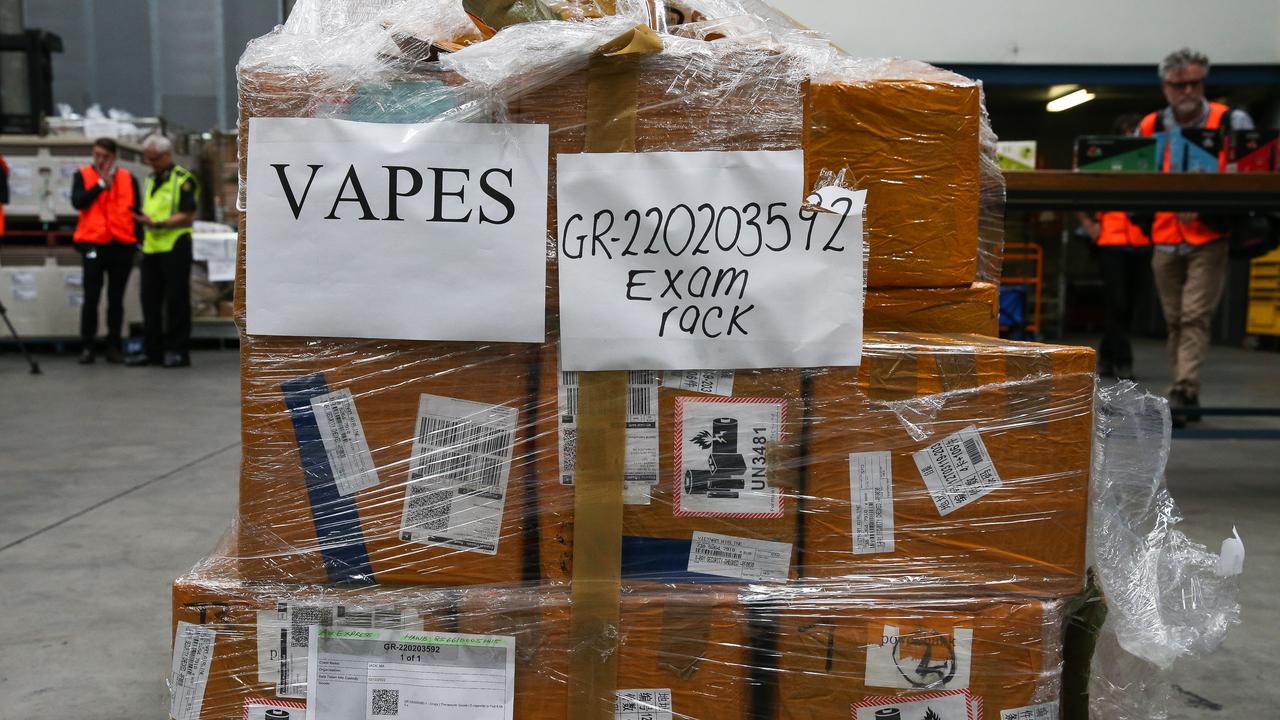
During a targeted campaign earlier this year, health inspectors seized 23,247 illegal vaping devices with a street value of more than $695,000.
From January 1 to June 30, 2023, a record-breaking 187,000 illegal vape products were seized – up from 61,000 from last year.
Mr Marlow said the federal government needed to rethink its approach and regulate vapes as an adult-only product, similar to how alcohol and tobacco products are handled.
“(They should be) sold by licensed retailers to adults with clear Australian standards on ingredients, packaging and manufacturing,” he said.
“If there is no legal pathway for adults to buy vapes from licensed retailers, the demand from over 1.6 million Australian adult vapers will continue to sustain this dangerous unregulated market.
“(It will) make our community less safe and put Australians in danger.”
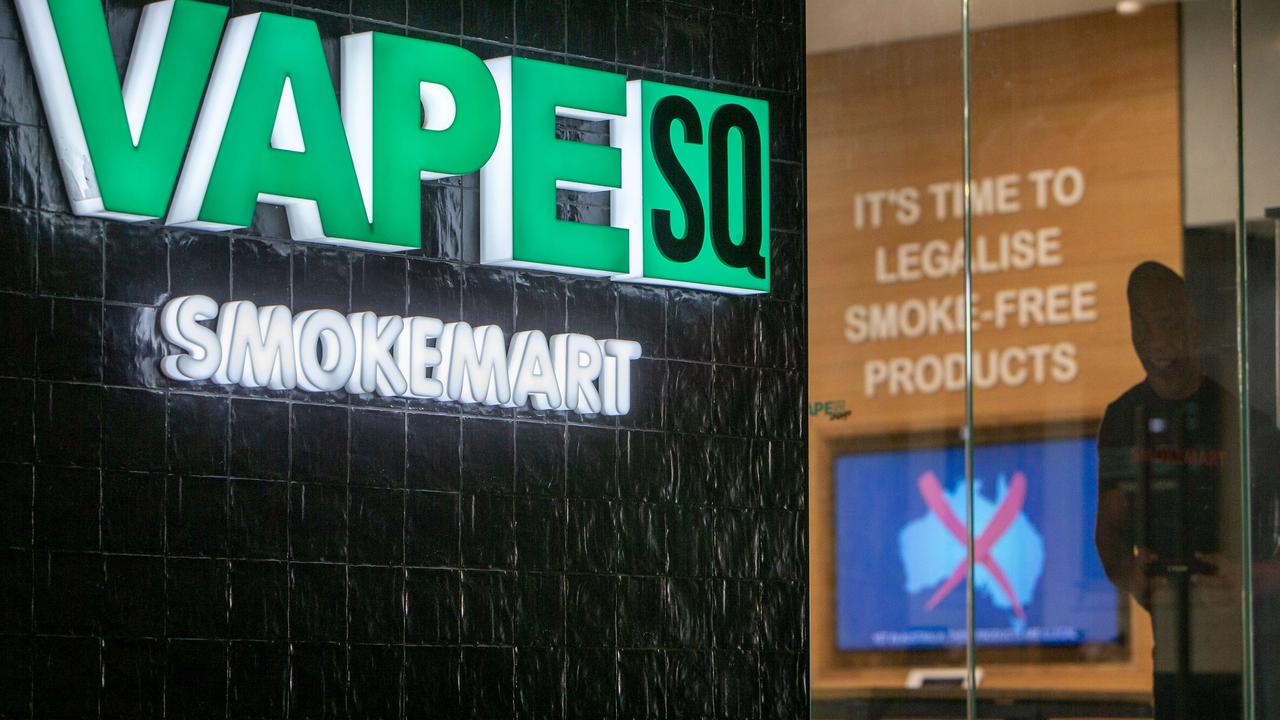
Mr Marlow claimed there were similar outcomes in Australia to how the US failed with their prohibition on alcohol – an “out-of-control black market run by criminals selling dangerous unregulated products to whoever will buy them”.
“China regulates their own domestic vaping industry in the same way as they do for alcohol and tobacco; however, the country lets its manufacturers put whatever they want into the unregulated vapes that are destined to be sold illegally in Australia,” Mr Marlow said.
“It is not a coincidence Australia has this out-of-control black market and is the only country in the world to restrict access to nicotine vapes on a prescription-only basis.”
Research conducted earlier this year by the University of Wollongong, funded and commissioned by NSW Health, found extraordinarily high nicotine counts in seized vapes across the state.
The study analysed 428 vapes seized from retailers and another 322 vapes surrendered by children at Sydney schools.
High nicotine concentrations were detected in 737 of the 750 vaping devices.
This was despite the products claiming nicotine was not an active ingredient.






